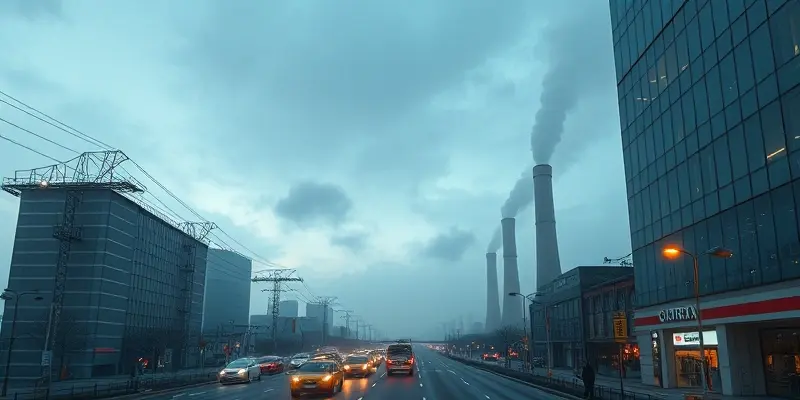Introduction
Air pollution continues to pose significant global challenges, impacting public health and the environment. In light of this, several major global events in 2025 are set to address this critical issue.
Major Global Events in 2025
1. Second Global Conference on Air Pollution and Health
- Dates: March 25–27, 2025
- Location: Cartagena, Colombia
- Host: World Health Organization (WHO)
- Focus: Accelerating action for clean air, clean energy access, and climate mitigation.
- Significance: Aiming to catalyze multi-sectoral actions to reduce air pollution and its health impacts.
2. 2025 Air Sensors International Conference (ASIC), Southeast Asia
- Dates: May 19–22, 2025
- Location: Bangkok, Thailand
- Host: UC Davis Air Quality Research Center
- Focus: Advancing air pollution sensor technology for effective monitoring.
- Significance: Enhancing data quality and pollutant measurement capabilities in Southeast Asia.
3. Clean Air Events at Climate Week NYC and London Climate Action Week
- Dates: September 21–28, 2025 (NYC); June 21–29, 2025 (London)
- Focus: Exploring the intersection of air pollution, climate action, and public health.
- Significance: Fostering global collaboration and policy innovation.
Key Context and Trends

Health Impact
- Air pollution leads to over 7 million premature deaths annually.
- Particulate matter (PM) is a major ambient air pollutant, causing 3.2 million premature deaths yearly.
Climate Change Connection
- Long-lived greenhouse gases contribute to both global warming and poor air quality.
- Climate change exacerbates air pollution through various factors.
Technological and Policy Advances
- Advances in sensor technology enable more accurate monitoring globally.
- Clean air legislation varies across regions, necessitating stronger enforcement.
Regional Initiatives
- Clean Air Catalyst focuses on integrated clean air approaches in global cities.
- Southeast Asia Community of Practice shares best practices for air quality management.
Importance of These Events

- Global Collaboration: Facilitates knowledge sharing and coordinated efforts.
- Innovation: Advances in sensor technology crucial for effective air quality management.
- Health and Equity: Addressing air pollution enhances urban livability and equitable development.
Conclusion
The urgent need to address air pollution is underscored by the upcoming global events in 2025. Through scientific innovation, policy reform, and international collaboration, a cleaner, healthier future is achievable for all. Let’s unite to combat this pressing environmental and public health challenge.






